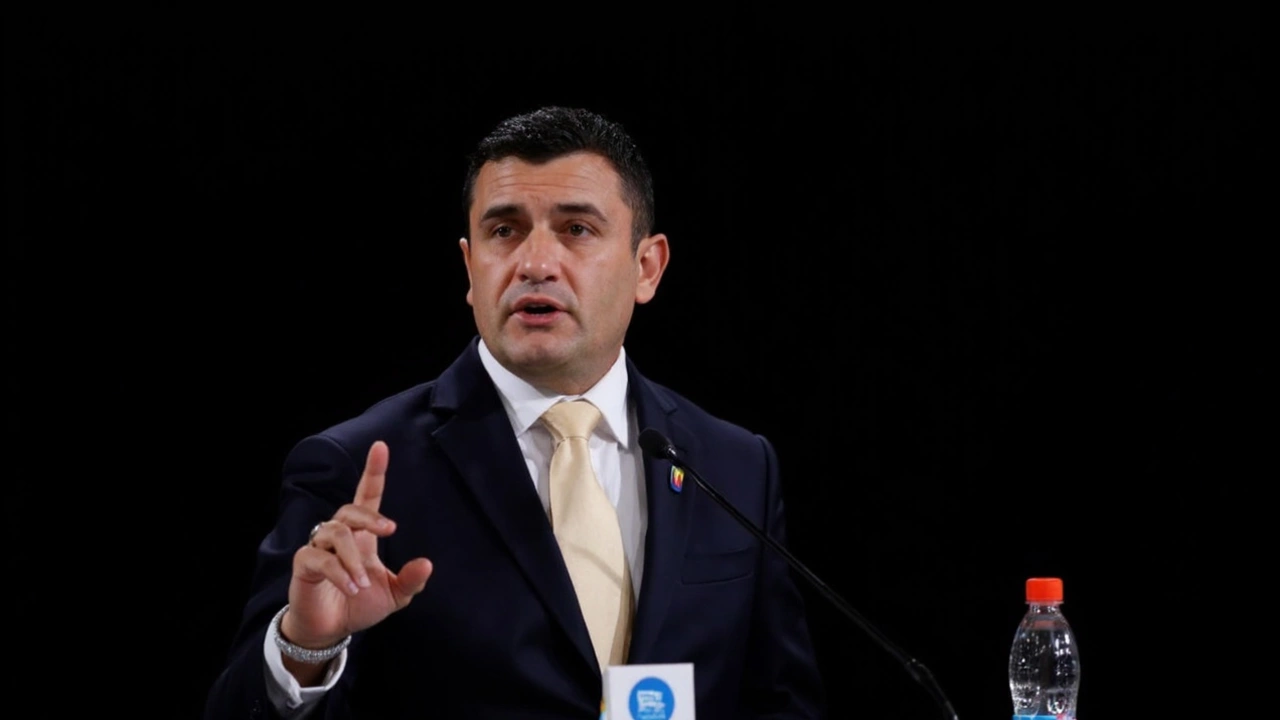A Nationalist Wave Sweeps Romania’s Presidential Election
Romania’s presidential contest has taken a sharp turn. A once-quiet field is now dominated by a hard-right contender fusing nationalist ideas, anti-establishment energy, and a boldly conservative message. Drawing inspiration from Donald Trump’s 'MAGA' playbook, this candidate is shaking up Romania’s political system and redrawing the country’s direction.
He’s become a household name not with moderate compromise, but by doubling down on populist themes. At rallies and in media appearances, he rails against what he calls corrupt elites and failed politicians. He claims to stand for Romania’s traditions, fiercely defending what he sees as national sovereignty against global influence and EU oversight.
- His speeches hammer on strict immigration rules—framing migrants as a threat to Romania’s stability and identity.
- He’s not shy about opposing LGBTQ+ rights and progressive social policies, promising to preserve “family values.”
- He targets the European Union with plain skepticism, blaming some of Romania’s troubles on Brussels’ rules and priorities.
This hard-right approach, once considered fringe, has struck a nerve. Rural communities and young conservatives are showing up, energized and vocal in their support. They see in him a disruptor: someone finally willing to break the cycle of Romania’s political stagnation. Street interviews reveal a sense of disenchantment with mainstream parties—voters talk about jobs lost, rising prices, and broken promises. For these backers, the candidate is more than a politician; he’s a statement against a system they feel has left them behind.
Backlash and Risks to Romania’s Direction
The surge hasn’t gone unchallenged. Established political parties liken his campaign to a threat—potentially deepening divides and undermining fragile democratic norms. Human rights groups and liberal politicians point to his tough rhetoric, arguing it risks scapegoating minorities, undermining cooperation within Europe, and rolling back essential freedoms.
Analysts in Bucharest and Brussels warn that this populist rise mirrors developments across Central and Eastern Europe. From Poland to Hungary, hard-right figures are testing the limits of the European Union, blending nativist messages with passionate critiques of the status quo. If Romania’s frontrunner claims the presidency, many believe the country’s relationship with the EU could get rocky—on migration, rule-of-law standards, and minority rights, the divide may only grow.
But for now, the momentum is unmistakable. Crowds are growing at campaign stops, social media is abuzz, and traditional party structures look increasingly out of touch. With voters yearning for something radically different, Romania’s presidential vote may become the region’s most significant test of hard-right populism since the Trump era began turning world politics upside down.
